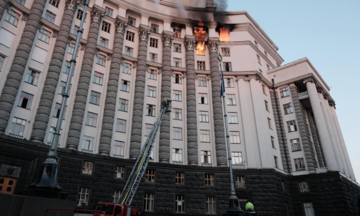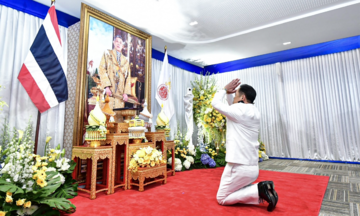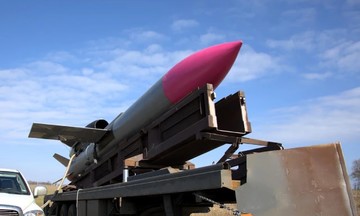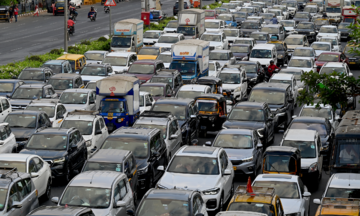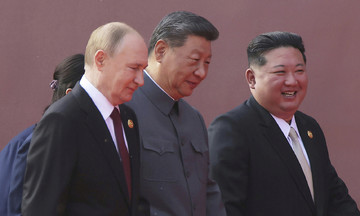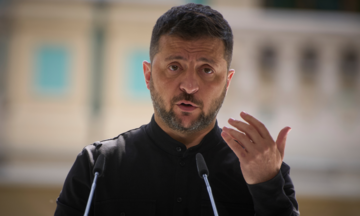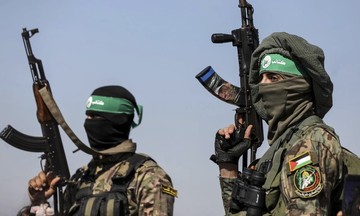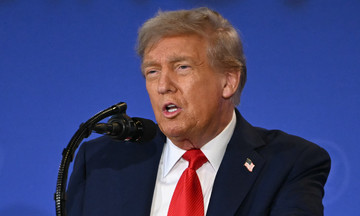At a press conference in Caracas on 1/9, Venezuelan President Nicolas Maduro said his country faces the "greatest threat" in 100 years, with eight US warships carrying 1,200 missiles and a submarine "targeting Venezuela".
The US previously announced the deployment of warships to the southern Caribbean for a counter-narcotics operation, without mentioning any plans to attack Venezuela. According to AFP, a US guided-missile cruiser transited the Panama Canal from the Pacific to the Caribbean Sea on 29/8.
"In response to the maximum military pressure from the US, we declare a state of maximum combat readiness to defend Venezuela," Maduro stated.
The Venezuelan president said about 8 million citizens have signed up for the reserve forces. Caracas also announced increased patrols in its territorial waters.
Maduro said communication channels between Venezuela and the US have broken down. He asserted that Caracas "will never succumb to any coercion or threats." The Venezuelan leader warned that US Senator Marco Rubio is pushing US President Donald Trump into "a bloodbath" where "the Venezuelan people will be massacred".
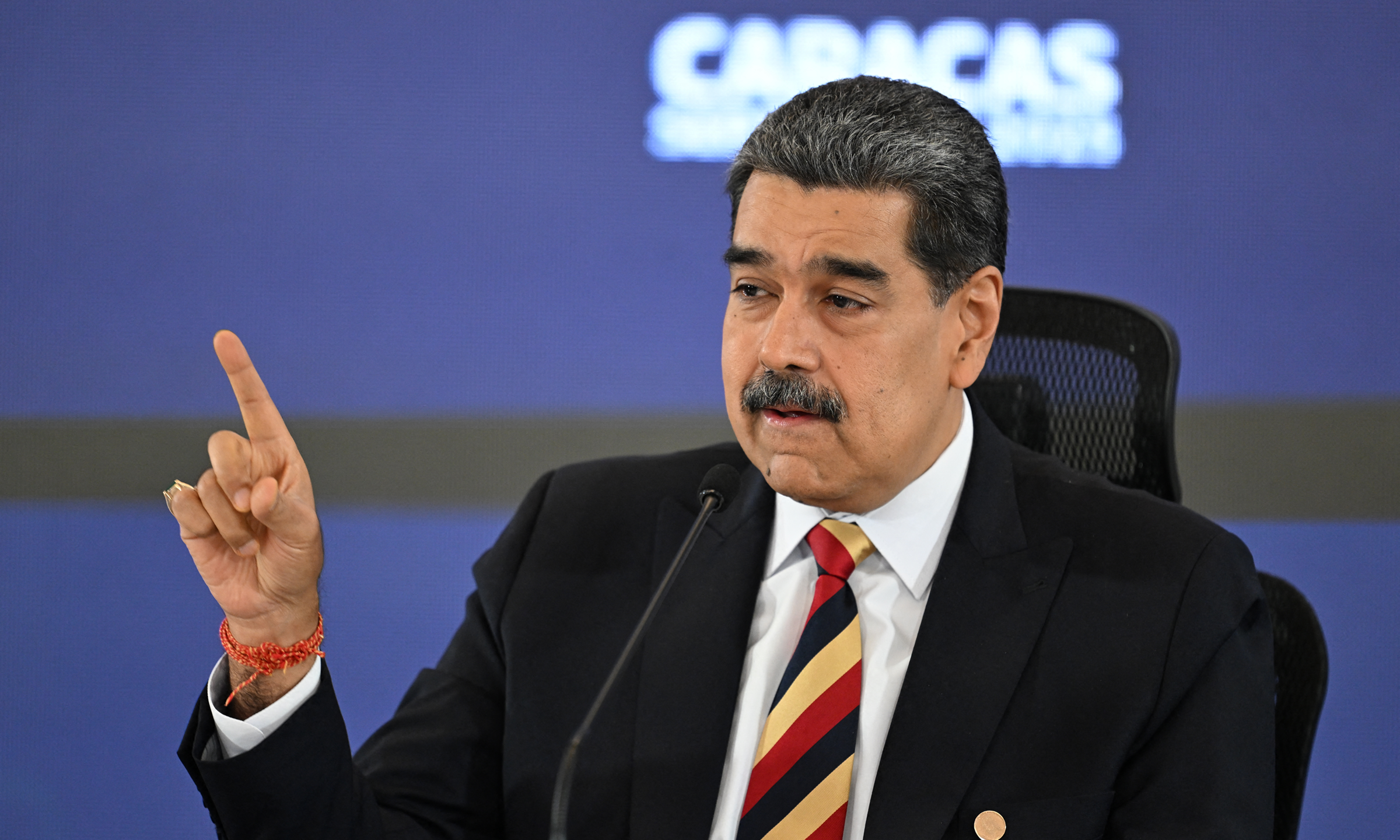 |
Venezuelan President Nicolas Maduro speaks to the press on 1/9. Photo: AFP |
Venezuelan President Nicolas Maduro speaks to the press on 1/9. Photo: AFP
He affirmed Venezuela's readiness for "armed struggle to defend national territory" in the event of an attack.
Meanwhile, Irfaan Ali, the president of Guyana, welcomed the US military deployment, saying it would help eliminate security threats to his country.
Guyana and Venezuela have a dispute over the oil-rich Essequibo region. This area comprises two-thirds of Guyana's territory and has been under its administration for over 100 years, but Venezuela also claims sovereignty. Tensions increased after ExxonMobil discovered large oil deposits off the coast of Essequibo a decade ago.
Washington has not commented on Maduro's statement.
The Trump administration accuses Maduro of "leading" a drug cartel and recently doubled the reward to USD 50 million for his capture. Caracas denies the accusation.
Observers believe a US invasion or attack on Venezuela is unlikely. They suggest the warship deployment is a pressure tactic against Maduro, who has repeatedly accused the US of seeking regime change in Venezuela.
Last week, Caracas asked the United Nations to intervene by demanding Washington "immediately cease its military deployment in the Caribbean Sea".
Since his thu nhat term, President Trump has applied "maximum pressure" on President Maduro, including oil sanctions that remain in effect. The US does not recognize Maduro's victories in the 2024 and 2018 elections, alleging fraud and voter suppression, which Venezuela denies.
Pham Giang (According to AFP)



